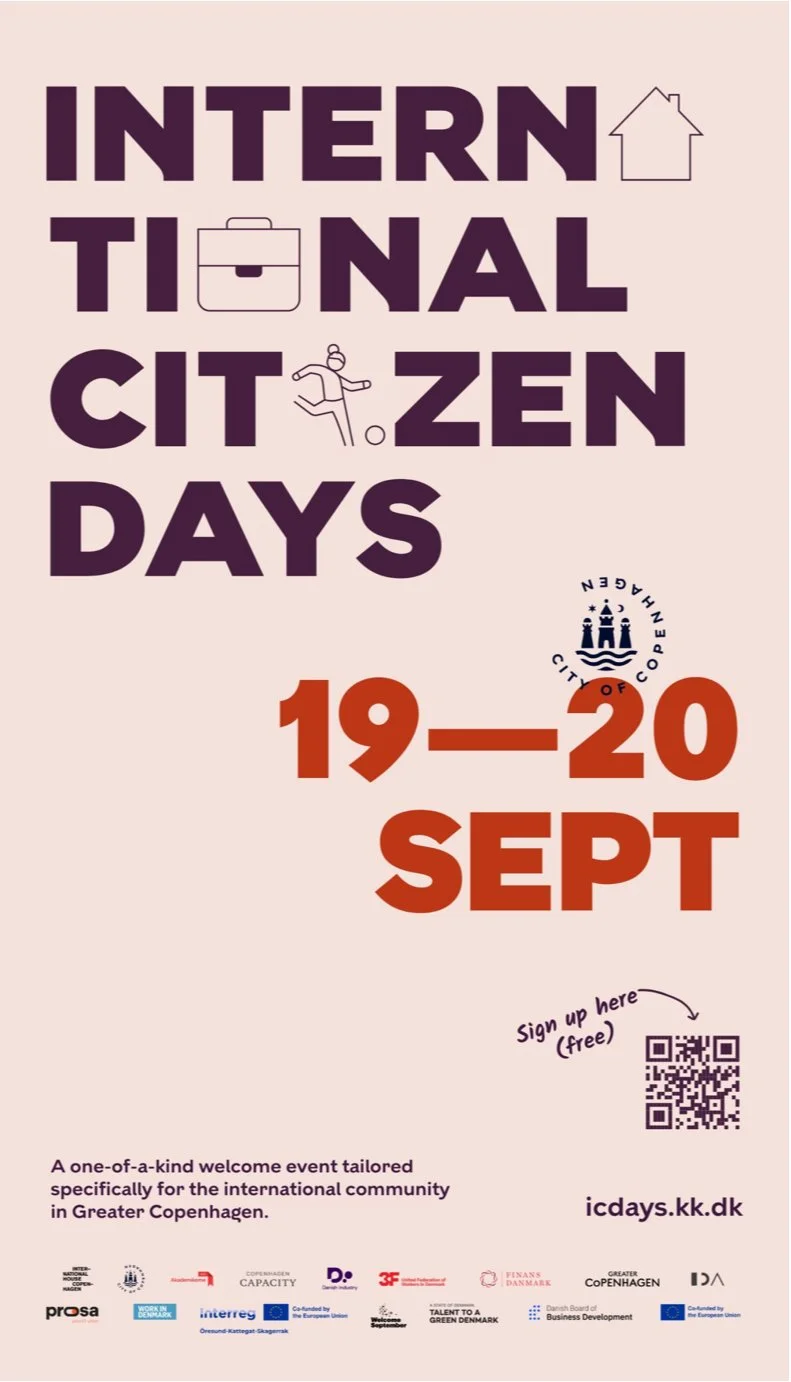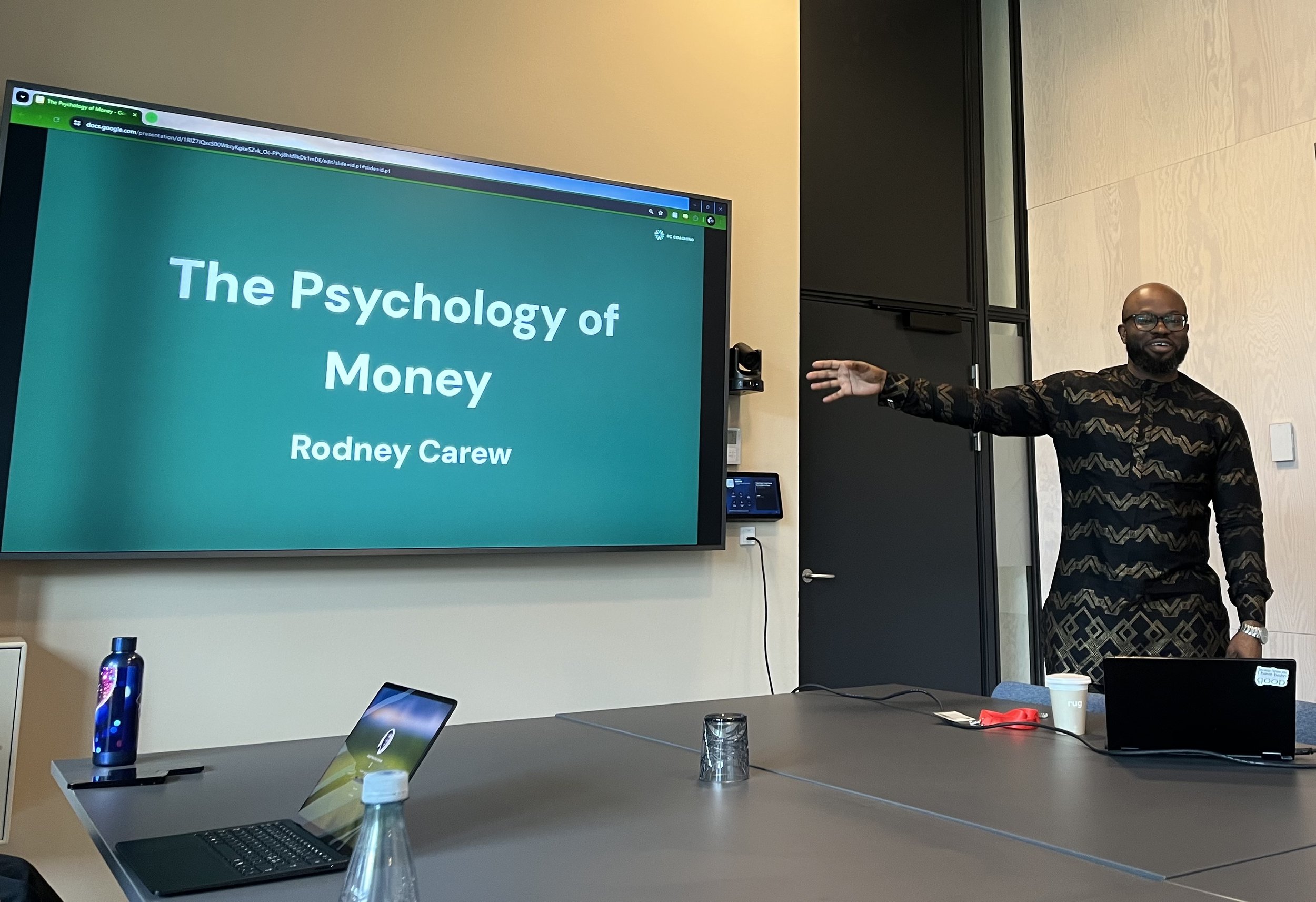Moral revolutions are rarely the work of individuals or echo chambers; they are coalitional affairs. To achieve meaningful change, we must be willing to collaborate with those who do not mirror our views entirely.
The late American President, Ronald Reagan once famously said that if someone agrees with you 80% of the time, they are an 80% ally, not a 20% traitor. Unfortunately, modern political discourse has traded this pragmatism for moral purity. We have entered an era where any deviation from a 100% shared ideology is viewed as a disqualifying betrayal.
This quest for purity has several damaging effects as we are splintering into increasingly smaller, more insular moral circles. And by shrinking our circles, we lose the numbers necessary to exert influence. I sometimes think that we forget that the core of politics is the art of building coalitions to gain the power required to actually change the world. To move forward, we must stop treating "difference" as an enemy and start seeing it as the fundamental building block of a winning movement.
““We don’t change anything. All we can do is invest people with the morale to change it for themselves.””



















